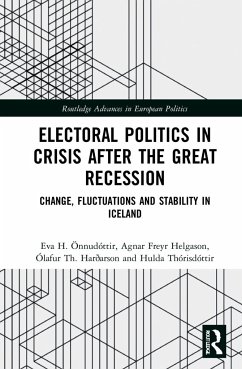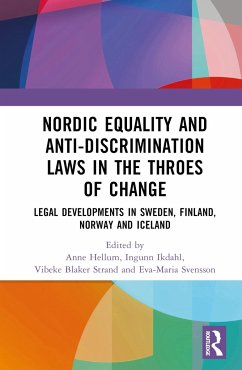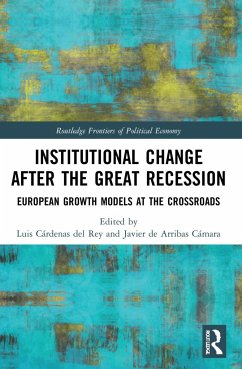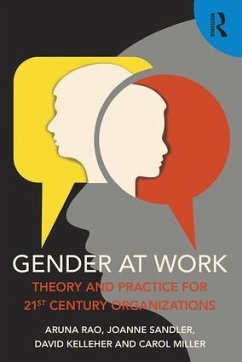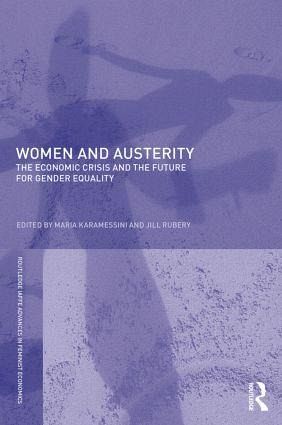
Women and Austerity
The Economic Crisis and the Future for Gender Equality
Herausgegeben: Karamessini, Maria; Rubery, Jill
Versandkostenfrei!
Versandfertig in 6-10 Tagen
60,99 €
inkl. MwSt.

PAYBACK Punkte
30 °P sammeln!
Austerity has become the new principle for public policy in Europe and the US as the financial crisis of 2008 has been converted into a public debt crisis. However, current austerity measures risk losing past progress towards gender equality by undermining important employment and social welfare protections and putting gender equality policy onto the back burner. This volume constitutes the first attempt to identify how the economic crisis and the subsequent austerity policies are affecting women in Europe and the US, tracing the consequences for gender equality in employment and welfare syste...
Austerity has become the new principle for public policy in Europe and the US as the financial crisis of 2008 has been converted into a public debt crisis. However, current austerity measures risk losing past progress towards gender equality by undermining important employment and social welfare protections and putting gender equality policy onto the back burner. This volume constitutes the first attempt to identify how the economic crisis and the subsequent austerity policies are affecting women in Europe and the US, tracing the consequences for gender equality in employment and welfare systems in nine case studies from countries facing the most severe adjustment problems.
The contributions adopt a common framework to analyse women in recession, which takes into account changes in women's position and current austerity conditions. The findings demonstrate that in the immediate aftermath of the financial crisis, employment gaps between women and men declined - but due only to a deterioration in men's employment position rather than any improvements for women. Tables are set to be turned by the austerity policies which are already having a more negative impact on demand for female labour and on access to services which support working mothers. Women are nevertheless reinforcing their commitment to paid work, even at this time of increasing demands on their unpaid domestic labour.
Future prospects are bleak. Current policy is reinforcing the same failed mechanisms that caused the crisis in the first place and is stalling or even reversing the long term growth in social investment in support for care. This book makes the case for gender equality to be placed at the centre of any progressive plan for a route out of the crisis.
The contributions adopt a common framework to analyse women in recession, which takes into account changes in women's position and current austerity conditions. The findings demonstrate that in the immediate aftermath of the financial crisis, employment gaps between women and men declined - but due only to a deterioration in men's employment position rather than any improvements for women. Tables are set to be turned by the austerity policies which are already having a more negative impact on demand for female labour and on access to services which support working mothers. Women are nevertheless reinforcing their commitment to paid work, even at this time of increasing demands on their unpaid domestic labour.
Future prospects are bleak. Current policy is reinforcing the same failed mechanisms that caused the crisis in the first place and is stalling or even reversing the long term growth in social investment in support for care. This book makes the case for gender equality to be placed at the centre of any progressive plan for a route out of the crisis.








